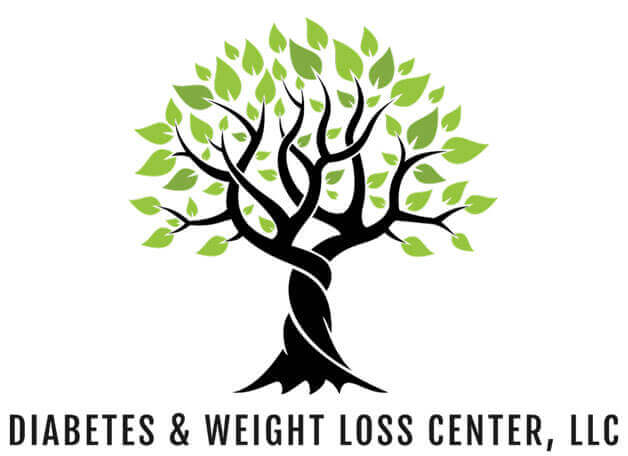Hypothyroidism Diagnosis
Hypothyroidism, a condition where the thyroid gland does not produce enough thyroid hormones, can have a profound impact on one's health. At the Diabetes & Weight Loss Center, we specialize in diagnosing and managing hypothyroidism to ensure our patients get the appropriate treatment at the appropriate time.
Diagnosing hypothyroidism typically involves a combination of clinical evaluation, blood tests, and a thorough understanding of the patient's medical history. Key steps in the diagnostic process include:
- Symptom Assessment: A healthcare provider will assess the patient's symptoms, such as fatigue, weight gain, dry skin, and cold sensitivity, which are common indicators of hypothyroidism.
- Physical Examination: A physical examination may reveal physical signs of hypothyroidism, such as a slow heart rate and dry, brittle hair and nails.
- Thyroid Function Tests: Blood tests, including the measurement of thyroid-stimulating hormone (TSH) and thyroid hormones (T3 and T4), are crucial in confirming the diagnosis. Elevated TSH levels and low T3 and T4 levels are typical findings in hypothyroidism.
- Antibody Testing: In cases where an autoimmune thyroid disorder, such as Hashimoto's disease, is suspected, antibody tests may be performed to detect immune system activity against the thyroid gland.
- Ultrasound or Imaging: In some instances, an ultrasound or imaging of the thyroid gland may be necessary to assess its size and condition.
Early diagnosis is vital, as untreated hypothyroidism can lead to complications and negatively impact overall health.
Hypothyroidism Symptoms
Hypothyroidism can manifest with a range of symptoms, which can vary in severity from person to person. Common hypothyroidism symptoms include:
- Fatigue
- Weight gain
- Dry skin and fair
- Cold sensitivity
- Muscle weakness
- Constipation
- Depression
- Memory issues
It is essential to recognize these symptoms and seek medical evaluation, as they may indicate an underlying thyroid problem.
Hypothyroidism Treatment Options
The primary goal of hypothyroidism treatment is to restore normal thyroid hormone levels, alleviating symptoms and preventing complications. Treatment typically involves lifelong thyroid hormone replacement therapy. Key aspects of hypothyroidism treatment include:
- Thyroid Hormone Replacement: The most common medication for hypothyroidism is levothyroxine (Synthroid), a synthetic form of the thyroid hormone T4. It is taken orally and helps replenish thyroid hormone levels in the body.
- Individualized Dosing: The dosage of thyroid hormone replacement medication is tailored to the patient's specific needs and is typically adjusted based on periodic blood tests to ensure optimal thyroid hormone levels.
- Lifestyle Modifications: In addition to medication, lifestyle adjustments, such as maintaining a healthy diet, regular exercise, and managing stress, can support overall well-being and help manage symptoms.
Receive Personalized Treatments for Underactive Thyroid in Oviedo, FL with Dr. Adriel Perez Today!
If you suspect you may have hypothyroidism or are experiencing related symptoms, we encourage you to schedule an appointment for a thorough evaluation and tailored treatment. Early intervention can make a significant difference in managing this condition effectively. For your convenience, you can use our online appointment request form to schedule your appointment with a specialist today.
Don’t hesitate to contact our experienced and dedicated provider at Diabetes & Weight Loss Center in Oviedo, Florida, at (407) 890-1876 for any questions you may have.


